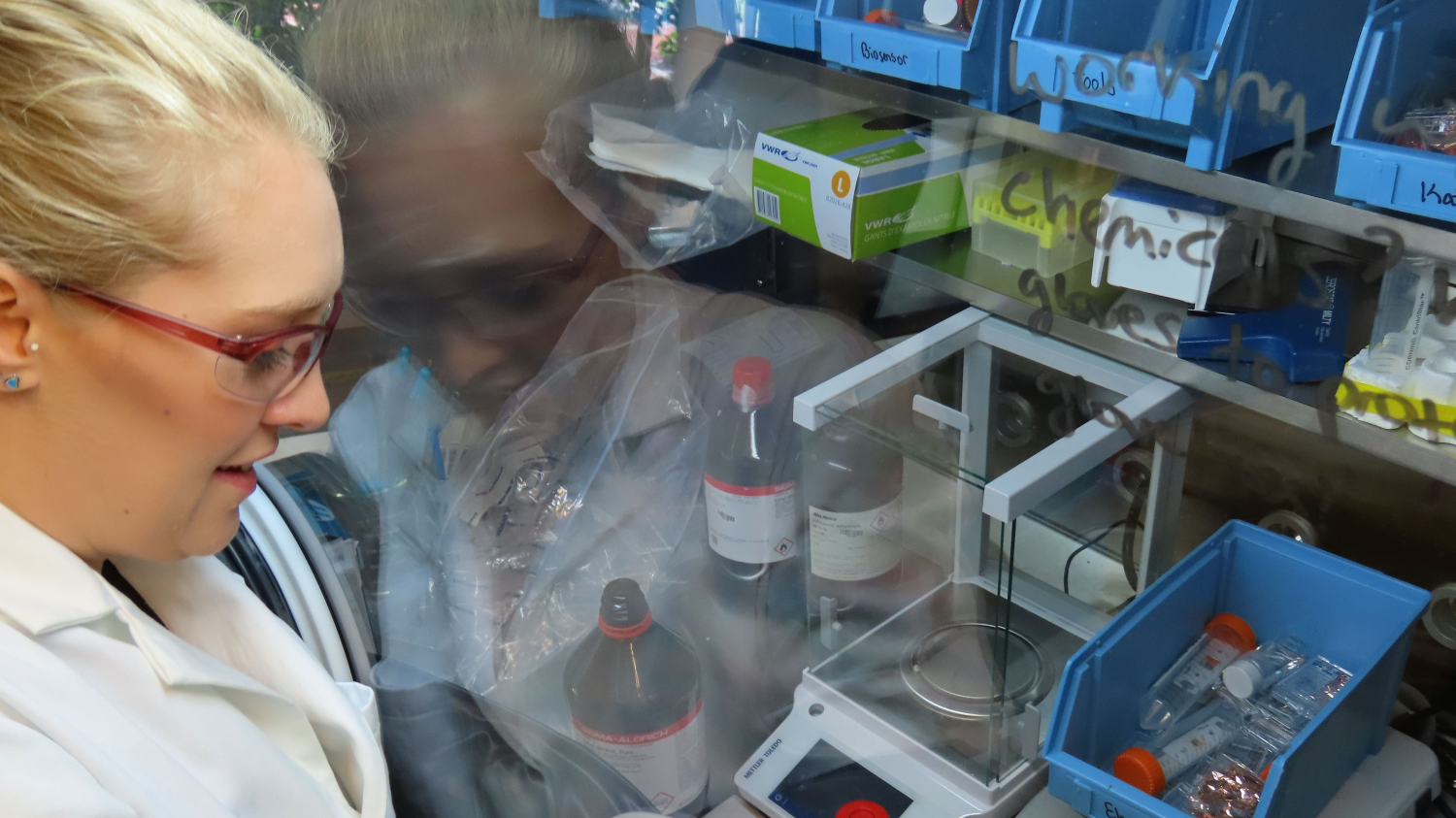Development of new and improved materials is often foundational in solutions to grand challenges that affect quality of life such as mobile communications and computing, sustainable energy, water and food supplies, mobility, health, and security. Today’s competitive environment demands that various aspects of materials discovery, design, and development be pursued concurrently.
To achieve this, Georgia Tech envisions the need to embrace the materials innovation ecosystem, comprising the constellation of technologies and disciplines that rely on experiments, computation, and digital data to accelerate the pace of materials discovery and development. Some of these disciplines have been taught for decades in the context of the materials sciences, such as structure characterization, materials theory and computation, databases, and property measurements. This innovation ecosystem further expands into fields such as uncertainty quantification and management, manufacturing processes, entrepreneurship, multiscale modeling, knowledge systems and databases, systems design exploration, manufacturing scale-up, automation, in situ process measurements, and materials data sciences and informatics.
This constellation of disciplines, methods, and tools – that are essential in the global era of materials research and development – will support:
- discovery guided by modeling and simulation with a use-inspired “technology pull” from application requirements;
- development that occurs across multiple organizations (industry, academia, government, etc.), crossing international borders in many cases, and;
- more rapid assessment of potential applications via e-collaborations (e.g., distributed collaborations of experts, crowd sourcing, social networking).
Colleges and universities have an imperative to design curricula and pursue partnerships to prepare the future workforce in the context of this expanded perspective. It is clear that these experiences will extend beyond the classroom to include integrated design project experiences, internships in industry, collaborative distance learning, on-line courses, and continuing education/retraining.
The Georgia Tech Institute for Materials is configured to support the necessary transformative programs and broad multidisciplinary demands of the future materials workforce, supporting pursuit of Integrated Computational Materials Engineering and the U.S. Materials Genome Initiative.
The FLAMEL program served from 2014-2019 as an important joint initiative between IMat and Computational Science and Engineering within the College of Computing aimed at preparing the future workforce in materials data sciences and informatics. This NSF Integrated Graduate Education and Research Traineeship Program (IGERT) supported the research of over 20 doctoral students working at the interface of materials research and data sciences.
Through its leadership role in hosting regional and national workshops and planning activities for the MGI, IMat is also pursuing development of materials data sciences and informatics on the national scale through leadership in TMS MGI workforce and data infrastructure studies, some funded by the NSF.
In 2016, IMat launched two new Massive Open Online Courses (MOOCs) in accelerated materials discovery and development through Coursera:
- High Throughput Methods in Materials Discovery and Development
- Materials Data Sciences and Informatics
Skill Development Links
Multidisciplinary Certificate in Mechanical Properties of Materials
A multidisciplinary certificate program consisting of 12 semester units in which graduate students from participating Schools in the College of Engineering may participate to obtain an in-depth understanding of mechanical behavior.
Materials Data Science & Informatics (Coursera)
This course aims to provide a succinct overview of the emerging discipline of Materials Informatics at the intersection of materials science, computational science, and information science. Attention is drawn to specific opportunities afforded by this new field in accelerating materials development and deployment efforts.
Introduction to High-Throughput Materials Development (Coursera)
This course is an introduction to high-throughput experimental methods that accelerate the discovery and development of new materials.


